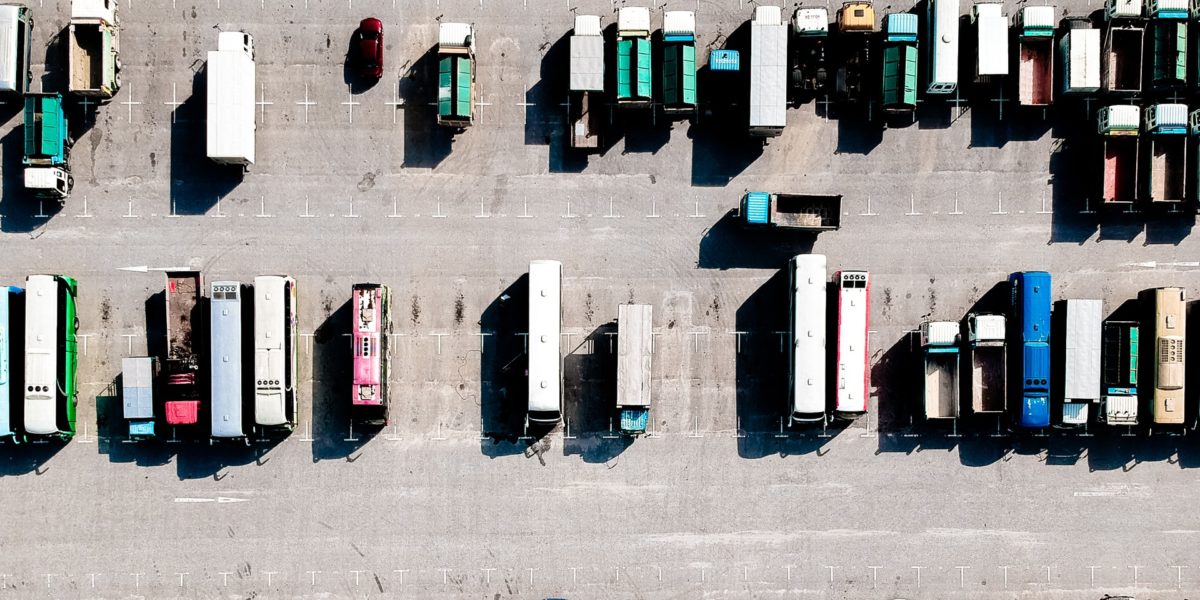Driver shortages fuel garage closures
BP admits a lack of tanker drivers due to Covid isolation
A “handful” of BP petrol stations have been closed due to driver shortages impacting the delivery of fuel.
However, the oil firm told the BBC that the “vast majority” of shortages were being “resolved within a day”.
The issue had been further exacerbated by a distribution centre having to close last week after some staff had been told to isolate.
“We are working hard with our haulier supplier to deliver fuel into sites and minimise any disruption to our customers,” said BP. “We apologise for any inconvenience caused.
“Our supply chain has been impacted by the industry-wide driver shortages across the UK and was exacerbated by the temporary closure of our Hemel Hempstead fuel distribution terminal last week because of necessary Covid-19 isolations amongst staff. The terminal is now operating as normal once again.”
Changing the rules
Ministers have unveiled a package of measures to tackle the HGV driver shortage and ease pressure on the sector.
These include launching a consultation on allowing drivers to take one test to drive both an articulated and rigid lorry. This, says the Government, would streamline the process for new drivers to gain their HGV licence and would increase lorry test appointment availability.
The pandemic has resulted in the loss of about 12 months of driver training and testing. Meanwhile, online retail averaged 28.1% of retail sales in 2020, according to Logistics UK, up from 19.2% in 2019.
In an effort to help alleviate the pressure, ministers have pledged to work with industry leaders to attract new drivers. Simplifying training and encouraging people to stay in the industry are the main points in an open letter to the road haulage sector.
Delivering a crisis
The lorry driver shortage is now disrupting deliveries of essential goods, an issue that’s been brewing for years. The government’s response focussed mainly on extending the maximum hours behind the wheel from nine hours to eleven hours per day. The original limits were imposed on road safety grounds. However, when the Transport Secretary, Grant Schapps announced the change, road safety was not mentioned. The DfT provided no safety analysis but reminded employers that they, not the ministers or government, are responsible for the safety of their employees “and other road users”. It also warmed that “drivers should not drive while tired”.
The flexible views on road safety from the government follow on from significant concerns over smart motorways and the introduction of longer lorries. Meanwhile, the rail and air industries, which also have staff shortages, see their safety procedures unchanged. A tired train driver would be relatively unlikely to cause a crash thanks to the trains exclusive right of way, predetermined steering and multiple safety systems. However, the momentary inattention in a lorry can cause major injuries and deaths, particularly on motorways.
The increased pressures on a predominantly older lorry driver population could actually cause a backlash and undermine Mr Schapps’s plan. If they choose to retire instead it will increase driver shortages. Longer hours, as well as the cost of training and gaining a licence will put of new, younger drivers.
Wisdom and innocence
In 2015 industry bodies informed the government of 45,000 driver vacancies. An all party parliamentary group recommended actions to attract younger drivers. The average age of a lorry driver in 2019 was 57 years. Please for better parking and rest facilities did not result in improvements. Younger drivers are attracted to van driving that only requires a standard licence.
At the same time, the UK was unprepared for the reduction in foreign drivers. About 60,000 lived and worked in the UK. Many have now returned to their native countries. The problems have been further exacerbated by ‘pingmania’. This means workers are told to isolate after being in close contact with someone infected with Covid-19. It has led to supermarkets and other retailers struggling to get deliveries, leaving shelves empty.
The government is set to announce that key workers, including those in transportation, will be allowed to ignore isolations requests to attend work.





